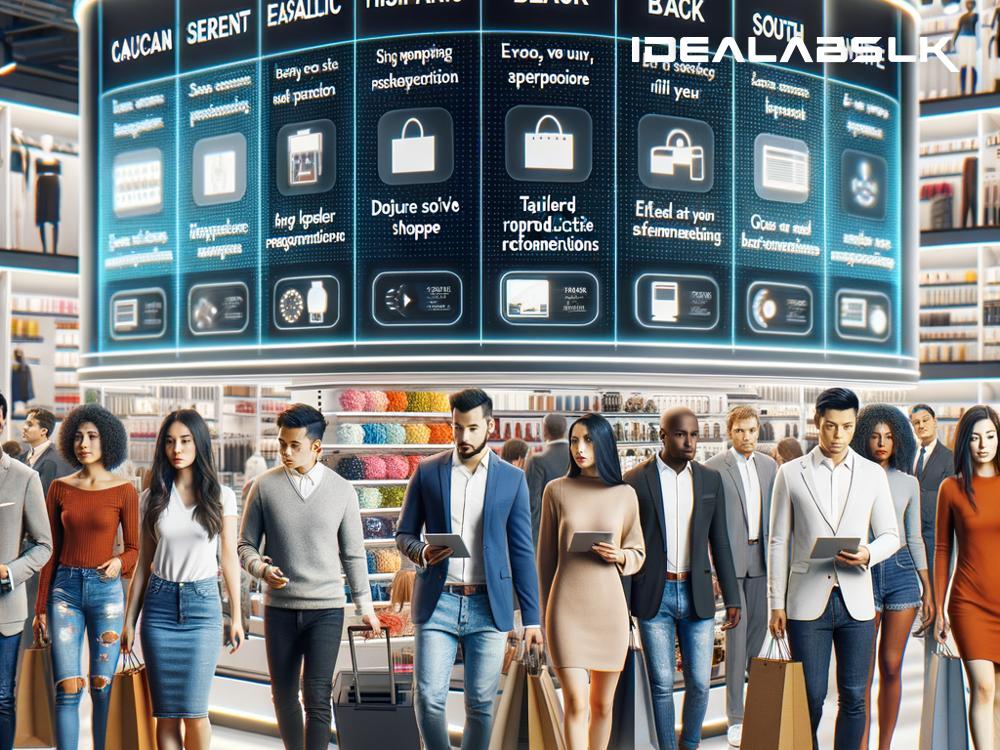Machine Learning: The Crystal Ball for Predicting Consumer Trends in Retail
In the enchanting world of retail, staying ahead of consumer trends can feel like trying to catch a glimpse of the future through a crystal ball. Fortunately for retailers, technology has evolved, and now, something far more powerful than a crystal ball is at their disposal—Machine Learning (ML). This extraordinary tool is transforming the way retailers predict what consumers will want next, making the guessing game a thing of the past.
What is Machine Learning, Anyway?
Imagine teaching a computer to make predictions or decisions based on past data, like a seasoned shopkeeper who knows his customers’ preferences by heart. That, in essence, is what machine learning does. It analyzes heaps of data—from past shopping patterns to social media trends—to understand and predict what customers might seek next.
The Magic Behind ML in Retail
The retail world is buzzing with activities, from online clicks to in-store purchases. Each action tells a story about consumer preferences. Machine learning deciphers these stories by diving into vast oceans of data, identifying patterns we humans might overlook.
1. Personalized Shopping Experiences
Thanks to ML, gone are the days of one-size-fits-all marketing. Retailers can now offer personalized shopping experiences. Based on your past shopping habits, ML algorithms can predict what products you might be interested in. So, the next time you're browsing an online store, and it feels like it's reading your mind, you know ML is at work.
2. Stock Management
Wondering why your favorite store always has what you want, right when you want it? Machine learning plays a huge role in inventory management. By predicting trends, retailers can keep the right products stocked up, ensuring you find what you need while managing their inventory efficiently.
3. Trend Forecasting
Predicting the next big trend in fashion or technology can feel like finding a needle in a haystack. ML simplifies this by analyzing data from various sources, including social media, to forecast what's going to be hot in the coming months. This helps retailers stay ahead of the curve and meet consumer demands.
4. Price Optimization
Ever noticed how prices fluctuate online for the same product? ML algorithms can determine the perfect pricing strategy by analyzing factors like demand, competition, and past consumer behavior. This means better deals for consumers and optimized profits for retailers.
The Road Ahead: Opportunities and Challenges
The integration of machine learning in retail opens a vast landscape of opportunities yet is not without its challenges.
Opportunities:
- Enhanced Customer Experience: With more personalized and efficient shopping experiences, customer satisfaction is bound to increase, fostering loyalty.
- Innovative Business Models: Data-driven insights can lead to the development of new products and services, tapping into unmet consumer needs.
- Operational Efficiency: From supply chain optimization to inventory management, ML can streamline various operational aspects, reducing costs and enhancing performance.
Challenges:
- Data Privacy and Security: As retailers collect more personal data, they must navigate the complex terrain of data privacy and security, ensuring customer trust is not compromised.
- Skill Gap: Implementing machine learning requires a certain level of expertise. The shortage of skilled professionals can be a significant hurdle.
- Bias in AI: Algorithms can inadvertently learn and amplify biases present in their training data, leading to unfair outcomes. This is an area requiring vigilant oversight.
Simplifying the Future
As the retail landscape continues to evolve, machine learning stands as a beacon of innovation, guiding retailers through the complex maze of consumer trends. The potential of ML to revolutionize the retail industry is boundless, provided the challenges are met with thoughtful solutions.
In a nutshell, machine learning is not just about predicting the future; it's about creating it. By understanding and anticipating consumer needs, retailers can offer unprecedented levels of service and innovation. So, while the crystal ball remains a mystical fantasy, machine learning offers something far more valuable: a roadmap to the future of retail, driven by data, insights, and the relentless pursuit of understanding consumer behavior. The future of retail isn't written in the stars—it's hidden in the data, waiting to be unlocked by the magic of machine learning.

